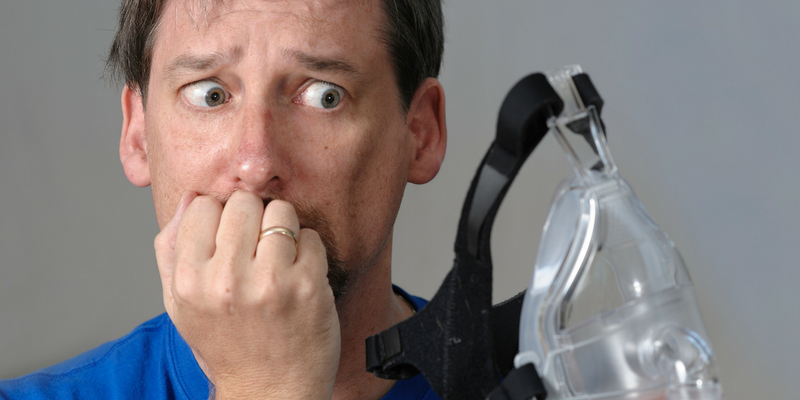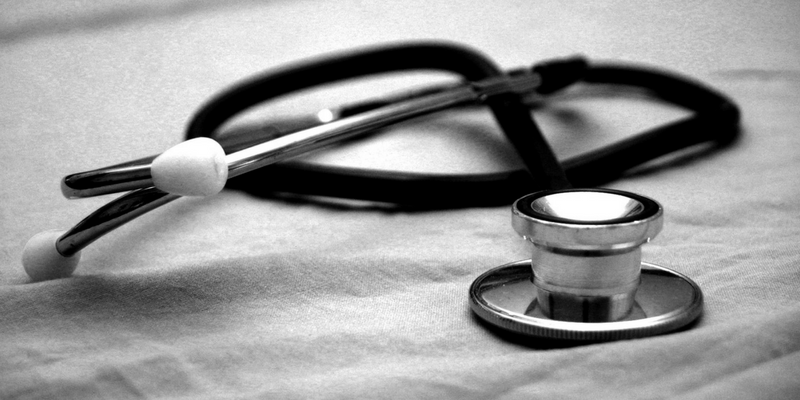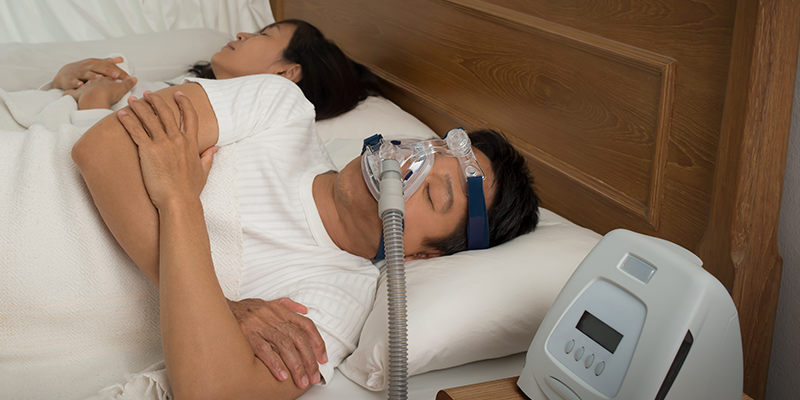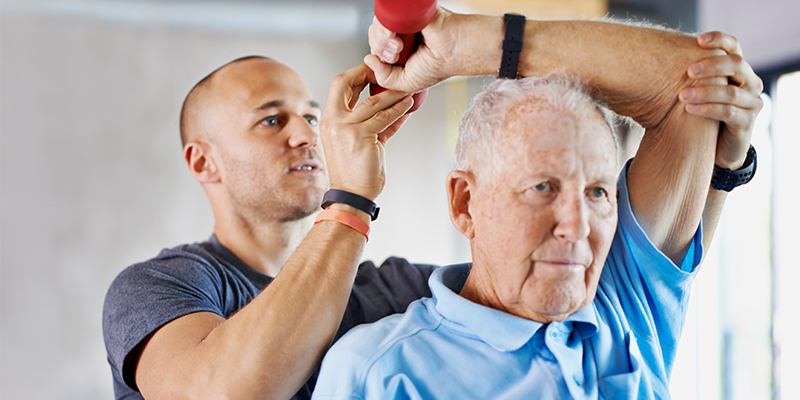
Sleep Apnea is a disorder that impacts nearly 30 million Americans every night. The most effective way to treat the disorder is through CPAP therapy, which makes sure air is making its way through your airway so you can breathe properly while you sleep.
CPAP Central wants to help you commit to your CPAP Therapy so you can get high-quality sleep every. Follow some of these helpful tips, including:
- Don’t Give Up Too Soon: It takes time to adjust to CPAP therapy. If you’re not seeing results right away, don’t stop the therapy. It can be a bit shocking to adjust to sleeping with a mask on your face while air is blowing into your mouth or nose. Give yourself to get used to the therapy.
- Keep in Touch With Your Doctor: While you are adjusting to your CPAP therapy, you may have a lot of questions about the new treatment. Don’t assume you know the answer or stop your treatment because you’re unsure of something. Don’t be afraid to ask your doctor questions, that’s what they are there for.
- Use Your CPAP Machine Every Night: Your CPAP therapy is going to work best when you stick to your therapy every night. Not only will your sleep apnea be treated, but you will also adjust to the therapy much easier if you sleep with using your machine every night.
- Find the Right Mask: There are three main types of CPAP masks: full face masks, nasal masks and nasal pillows. Each mask has its own benefits and is better for certain users. You may have to try different masks to make sure you find the one that suits you best.
Making sure your CPAP therapy is effective takes a nightly commitment and a willingness to make adjustments. CPAP Central wants you to be successful in your treatment, and has the supplies and CPAP machines to make you successful.



